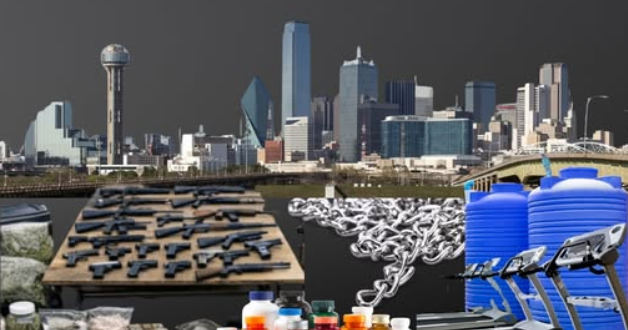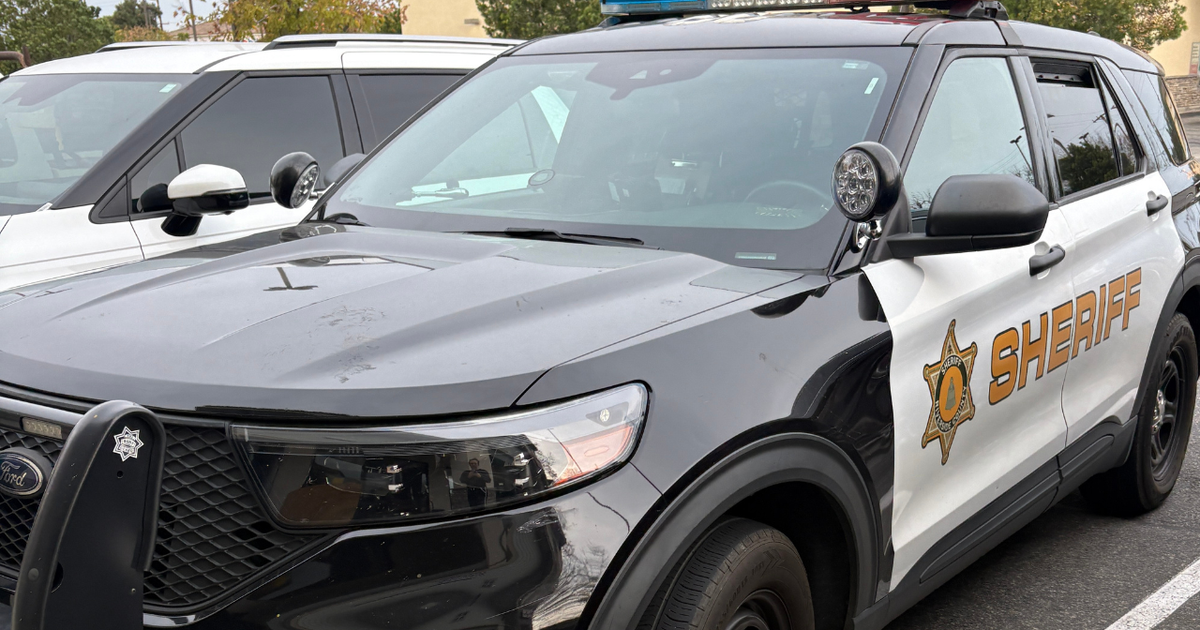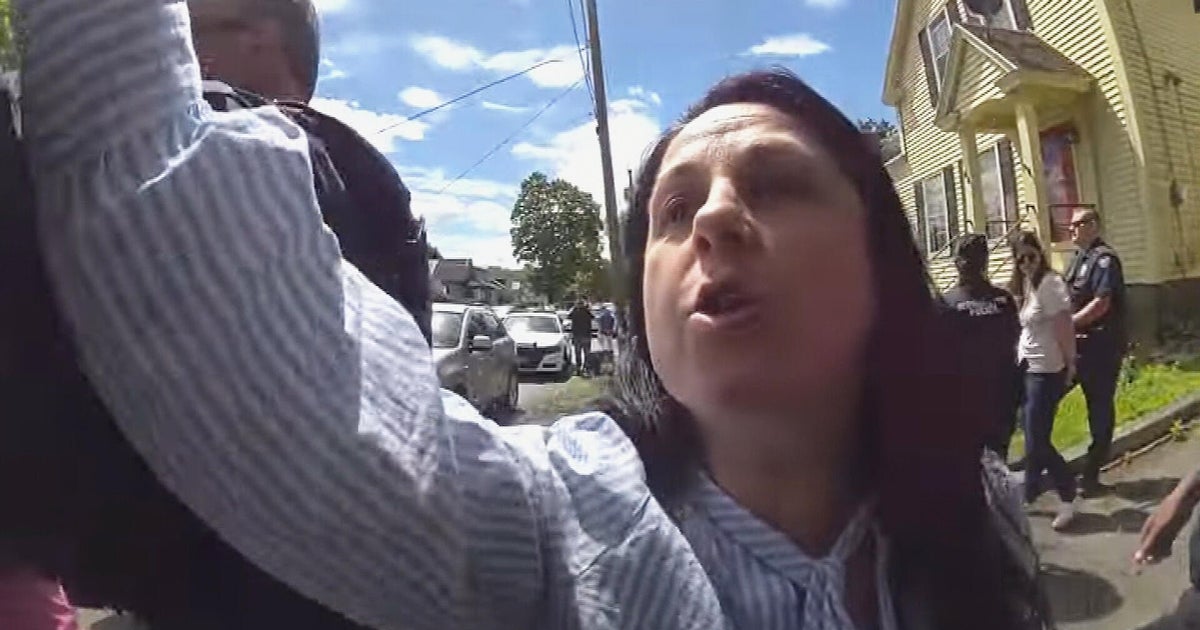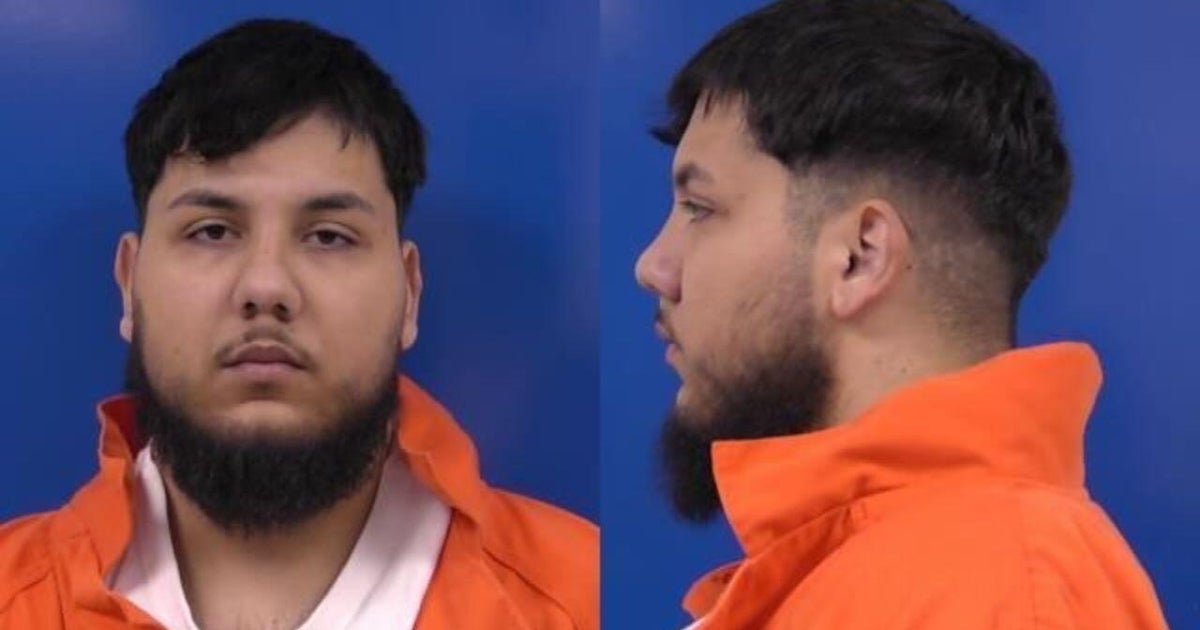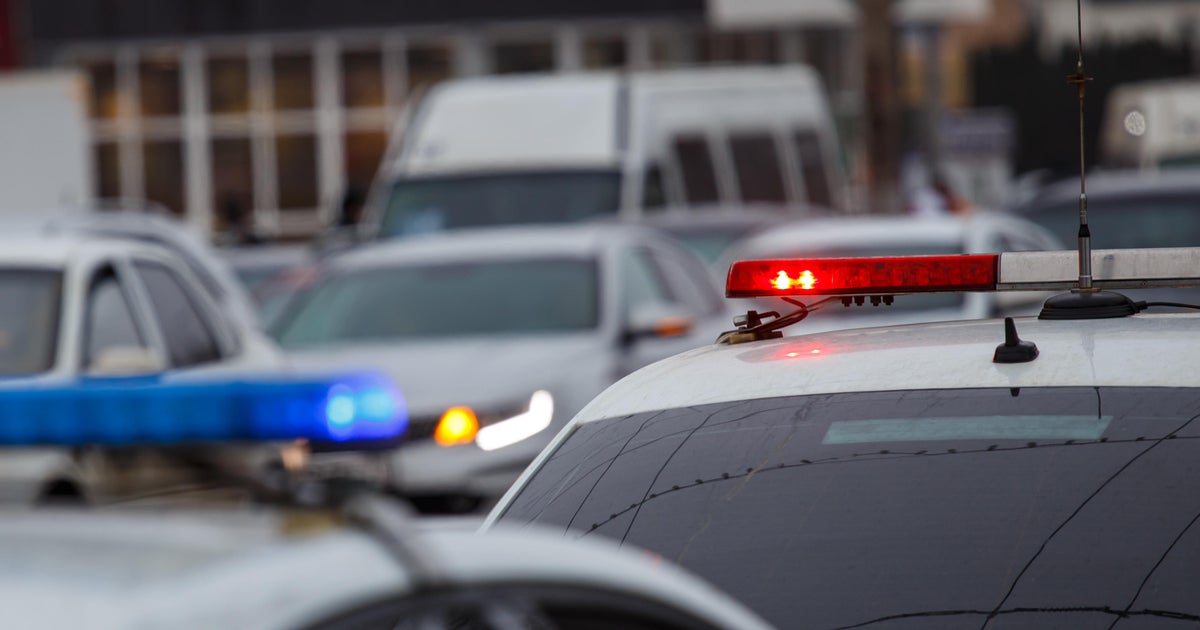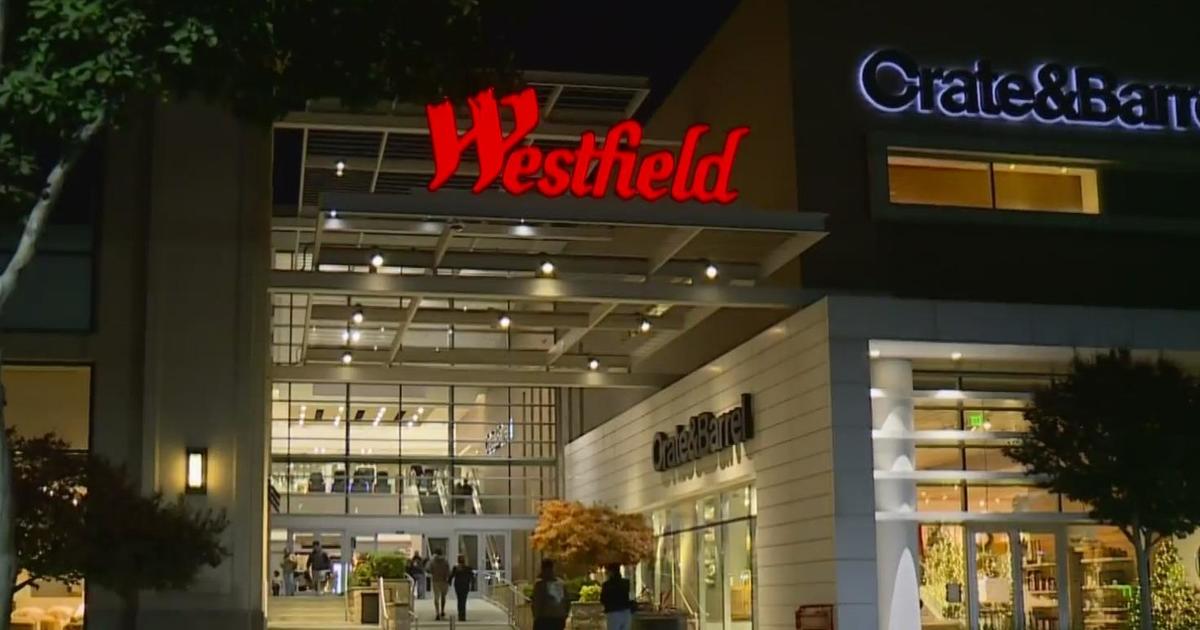Plano Police Department Changes Marijuana Arrest Policy; Will Other North Texas Cities Follow?
PLANO, Texas (CBSDFW.COM) - Two ounces of marijuana or less will no longer be enough to get a person arrested in the city of Plano, after its police department found evidence of a racial disparity in enforcement.
The Plano Police Department announced the policy change this week, following a detailed review of cost and trends of marijuana arrests.
"Like many jurisdictions across the nation, there is a disparity in African Americans' arrests for possession of minor amounts of marijuana," reads a statement from the department.
It acknowledges that's despite national surveys showing white and Hispanic Americans using marijuana at similar rates.
The department said misdemeanor marijuana cases are also getting more expensive to enforce.
A state law passed in 2019 legalizing hemp changed the definition of marijuana, leaving law enforcement to have to pay for lab tests to determine what qualifies as marijuana.
The department said, as of this week, it will only arrest suspect for two ounces of marijuana or less in cases where they are also being charged with a firearm offense.
It will also allow officers, at their discretion, to write citations for possession of drug paraphernalia, a reduced charge, in lieu of a marijuana charge.
Depending on how its packaged, two ounces of marijuana amounts to what you could fit into two packs of cigarettes or a standard plastic sandwich bag.
It's considered an amount someone might possess solely for personal use, but getting caught can still have dire consequences.
"We know that a criminal conviction for marijuana possession can lead to a lifetime of collateral consequences – like hindered access to education, employment, and housing," said Heather Fazio with the group Texans for Responsible Marijuana Policy.
In North Texas, the death of Marvin Scott III, 26, hours after his arrest for a small amount of marijuana, has led to protests and the firing of seven detention officers.
"We've been sending letters out, trying to schedule meetings," said Dominique Alexander, who leads the Next Generation Action Network. The social justice group has called on police chiefs in Collin County to reconsider their marijuana policies in light of Scott's death, and it applauded Plano's decision.
"Plano is the largest city in Collin County, so their leadership is gonna go a long way with getting to have this conversation with McKinney, Frisco, all these other cities," said Alexander.
The Allen Police Department, which arrested Scott, said it is discussing its marijuana arrest policy, but currently leaves the decision up to officers.
Frisco Police Department said last April it changed its policy to file a reduced paraphernalia charge against anyone caught with less than a quarter ounce of marijuana, but hasn't ruled out arrests.
McKinney Police Department was unable to provide its policy upon request.
Major cities across North Texas, though, have gone further.
Dallas police follow a "cite and release" policy. Fort Worth police will seize small amounts of marijuana, but not file charges. The Denton Police Department said officers have only made two arrests for possession of less than two ounces of marijuana this year and both cases involved firearms.
More than 50 marijuana related bills have been filed so far this year in the Texas Legislature, covering a range of issues from decreased penalties to outright legalization.
Fazio says continued policy changes at the local level may help get some of them passed.
"This helps us translate this momentum into effective state policy when we can point to local government, local police departments. making these moves on their own, demonstrating this is good for Texas," said Fazio.

